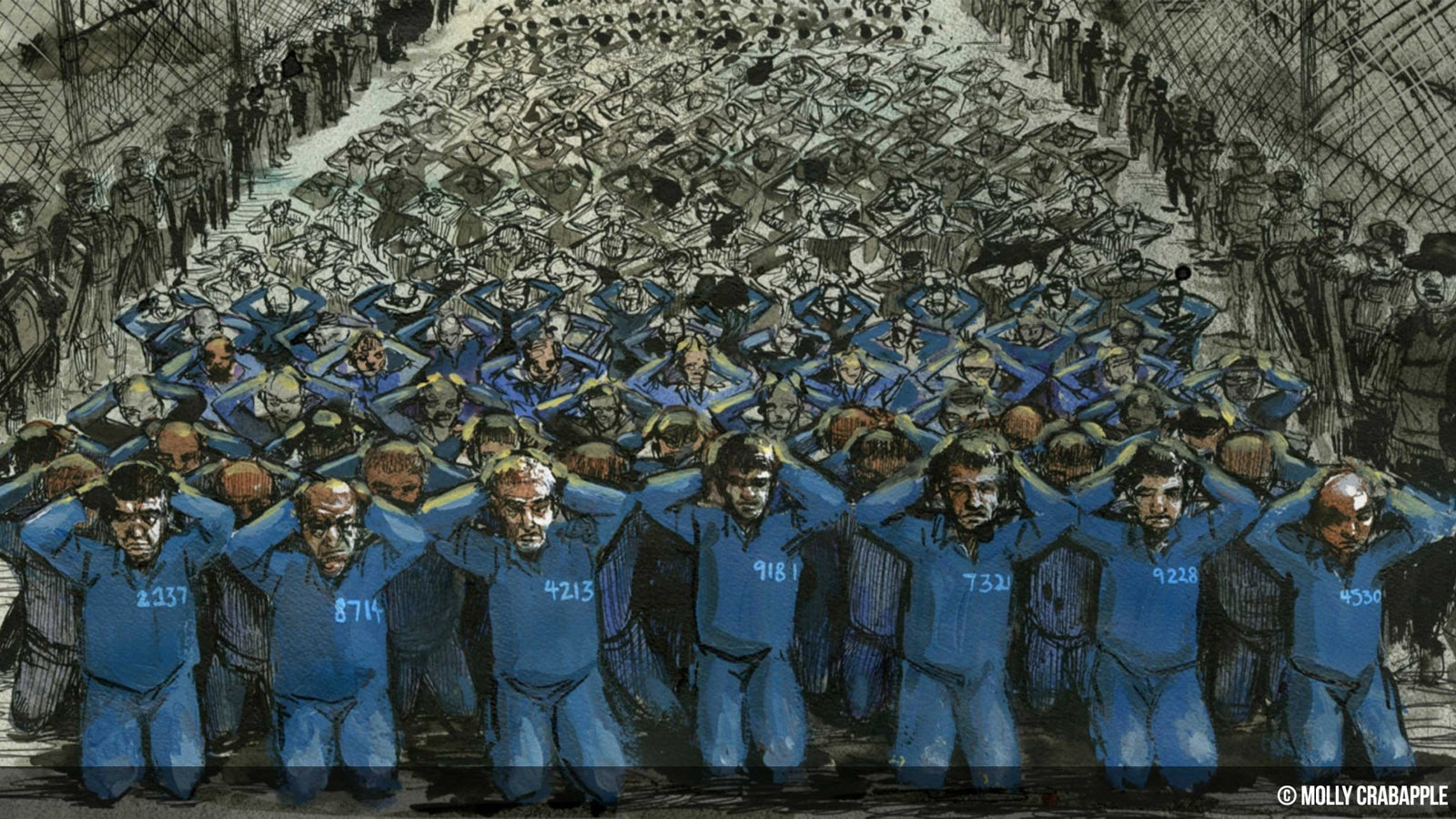Exposing Slave Labor: How American Companies Are Complicit and What You Can Do to Stop It

Last year, as a part of the process to expose slave labor (learn more about the process here and here), we uncovered that there were manufacturers importing materials consistent with originating in the region of China known for the forced slave labor of the Uyghurs. Despite these investigations. These companies failed to acknowledge or accurately address why their products indicated they were derived from Xinjiang, China, and instead hid behind an army of lawyers paid for by the revenues associated with these products.
At Nine Line, we immediately rid our supply chains and our shelves of these products and called on other American brands to do the same. Americans would be horrified to discover that apparel they buy that sport religious or patriotic statements might have been manufactured by forced slave labor. They may be unwittingly buying shirts which were made by imprisoned men and women being persecuted for their faith – all of which is being papered over with cheap prices. These bad actors are hoping American consumers never wake up to this ruse.
By tacitly endorsing their CCP-sponsored human rights abuses, American companies are proving to China that their slavery-based model not only works, it's profitable. And when slavery leads to profits, only more slavery will ensue and companies that do the right thing will suffer.
Look no further than Chinese fast fashion giants Shein and Temu. They now flood the American apparel market with cheap shirts, dresses, and pants for pennies on the dollar. Often they are selling at prices that American manufacturers could never even come close to matching. But they can do that and still make money for their dictatorial overlords because their labor costs are virtually zero. And the more we allow them to control the market, the more American companies who employ and pay people at ethical standards will be forced to close their doors.
In 2021, Congress overwhelmingly and in a bipartisan manner passed the Uyghur Forced Labor Prevention Act to ensure that instances like this do not go unpunished. Legislators sought to prevent consumers from becoming unwitting financiers of China's genocidal campaign against the Uyghurs. It mandates that no products from Xinjiang – the region where the Chinese Communist Party imprisons the Uyghurs – be sold in the United States.
Unfortunately this law has gone grossly underutilized and unenforced by Customs and Border Patrol and the Biden-Harris administration. The proof is in the undisputed fact that these American companies continue to flood the market with slave cotton because they know this administration is not serious about enforcement. Similarly, Temu and Shein exploit loopholes in our laws to avoid detection and tariffs that try to rebalance the scales.
Ultimately – whether the administration gets their act together or not – it will fall on all of us to enforce these laws with our hard earned dollars and answer the call to assert our values. We should boycott any brand that builds slavery into its business model, and companies that partner with them. When possible, we should aim to shop Made In America or made in allied nations that share our commitment to workers rights and fair wages. And we should demand that our government hold accountable those Shein, Temu, and ESPECIALLY ANY AMERICAN COMPANIES who happily trade our values for a quick buck.

Source: Shutterstock/Kent Weakley



Leave a comment